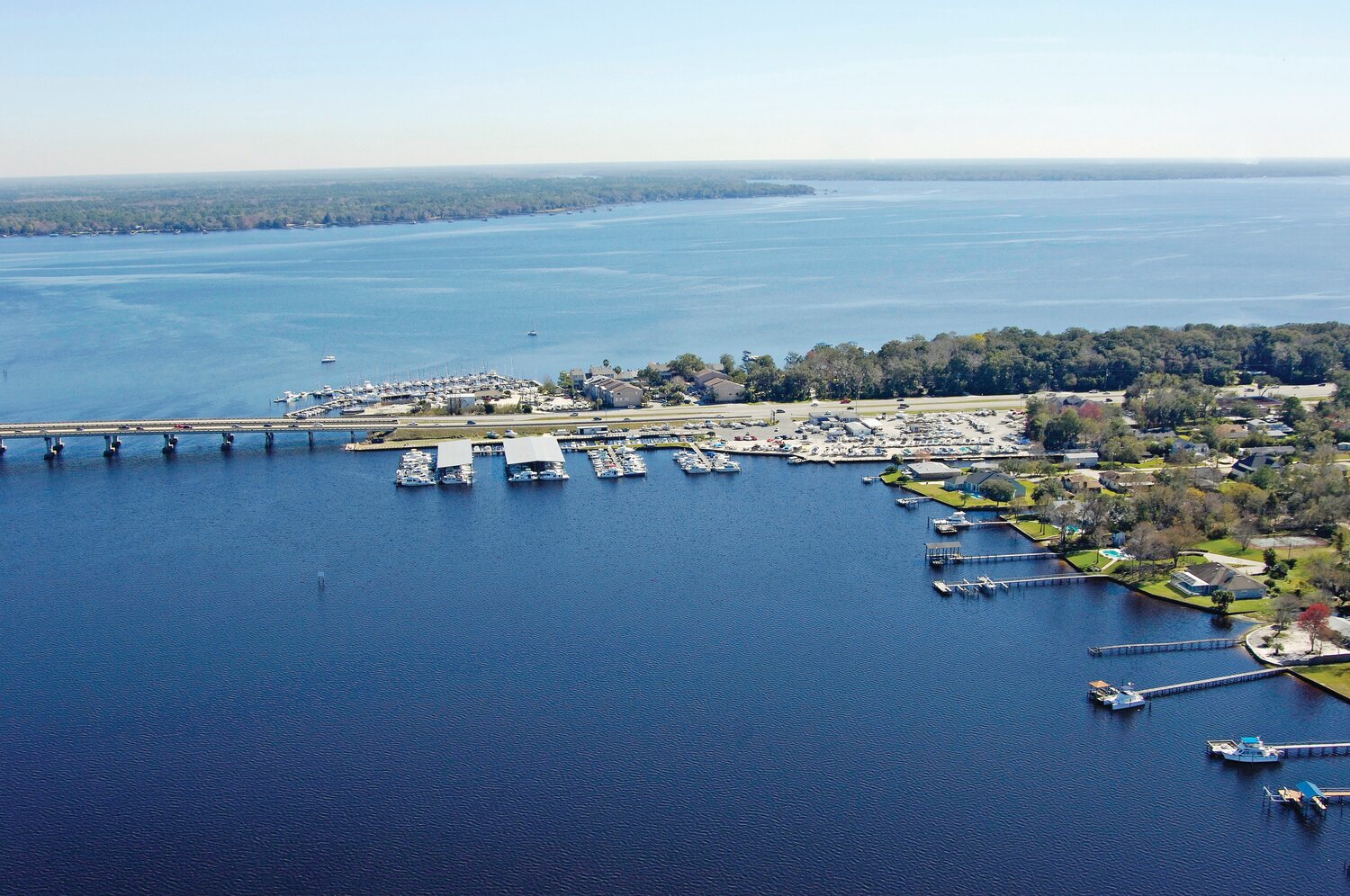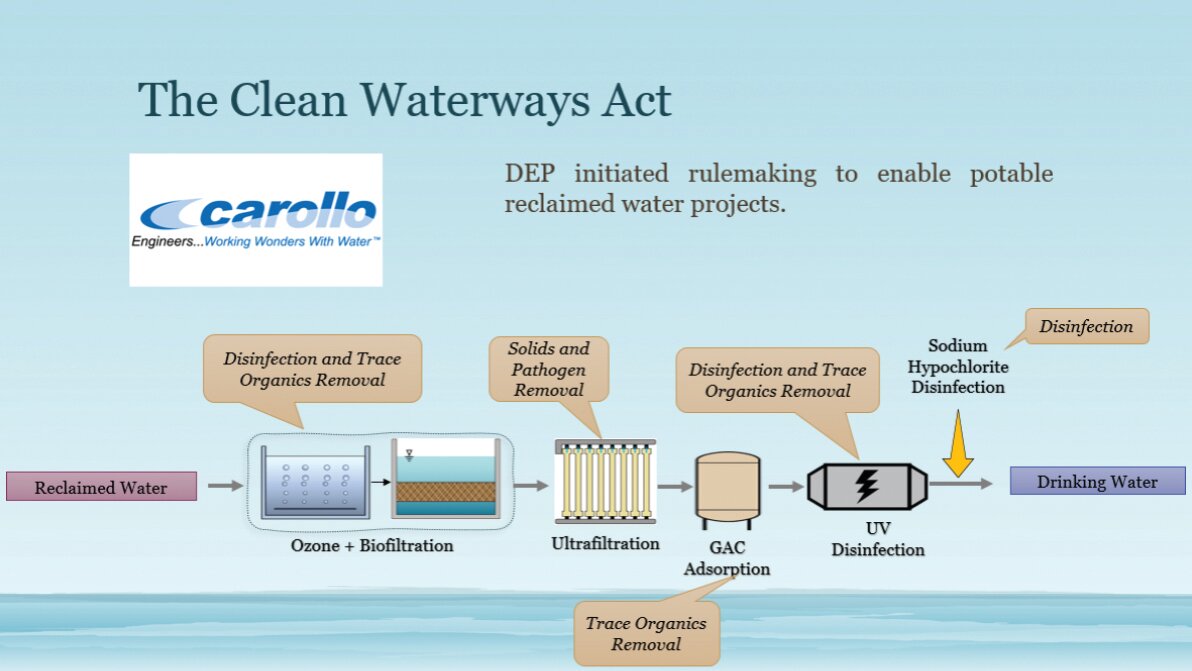Clean water legislation vital to keeping county waterways healthy
jack@claytodayonline.com
CLAY COUNTY – The St. Johns River is the artery of the county. The river is the longest in Florida and perhaps the most vital. It is the source of major wetlands throughout the state as it flows to …
This item is available in full to subscribers.
Attention subscribers
To continue reading, you will need to either log in to your subscriber account, or purchase a new subscription.
If you are a current print subscriber, you can set up a free website account and connect your subscription to it by clicking here.
If you are a digital subscriber with an active, online-only subscription then you already have an account here. Just reset your password if you've not yet logged in to your account on this new site.
Otherwise, click here to view your options for subscribing.
Please log in to continueDon't have an ID?Print subscribersIf you're a print subscriber, but do not yet have an online account, click here to create one. Non-subscribersClick here to see your options for subscribing. Single day passYou also have the option of purchasing 24 hours of access, for $1.00. Click here to purchase a single day pass. |
Clean water legislation vital to keeping county waterways healthy
CLAY COUNTY – The St. Johns River is the artery of the county. The river is the longest in Florida and perhaps the most vital. It is the source of major wetlands throughout the state as it flows to the Atlantic Ocean.
However, in 2008, the St. Johns River was listed as the No. 6 most endangered river in the United States.
Rep. Bobby Payne will be serving his last year as a state representative in 2024 before being term-limited. One of his greatest legislative legacies was the 2020 Clean Waterways Act, which he co-sponsored and spearheaded in the Florida House of Representatives. The legislation, in which St. Johns River is a substantial beneficiary, was authored to ensure Florida’s rivers, lakes and springs are clean and clear for the next generation.
The Clean Waterways Act aimed to stop septic tank runoff, make sanitary sewage disposal more accountable, ensure compliance with fertilizer use in agriculture, and improve the performance of stormwater systems statewide.
The legislation gave the Department of Environmental Protection greater oversight regarding municipal sewage and wastewater, the runoff of which often contributed to toxic algae blooms.
The Clay County Utility Authority was ahead of the curve, having already implemented many new procedures.
“The Clean Waterways Act aims to reduce the number and volumes of discharges of untreated wastewater,” said Executive Director Jeremy Johnston from CCUA.
“Year after year, CCUA successfully and safely collects and transmits (nearly all) of the wastewater from our customers," said Johnston.
The CCUA was spurred by the legislation to assess and replace infrastructure before the event of a system failure. The utility company uses Advanced Wastewater Treatment to remove nutrients in wastewater that is high in nitrogen and phosphorous concentrations.
“The Clean Waterways Act included stricter regulations related to biosolids disposal. All water reclamation processes produce biosolids. Many areas in the State of Florida produce what is referred to as Class B biosolids, which allows for the rapid release of (nitrogen) and (phosphorous). However, CCUA began investing in technology in 2006 to produce Class AA biosolids,” Johnston said.
“These biosolids can be sold as a fertilizer you can purchase at a store. The investment in the Class AA biosolids process represents another way CCUA provides long-term value for our customers while protecting the environment,” he said.
Homes connected to a centralized sewer system release less nutrient runoff in the environment than using a septic tank, Johnston said. This is why CCUA led a campaign along Doctors Lake that connected 68 homes to a central sewer system to prevent as much runoff as economically possible.
“The Clean Waterways Act directed the FDEP to initiate rulemaking for potable reclaimed water projects,” he said. “We see Potable Reclaimed Water as diversifying the water supply portfolio so CCUA can continue to sustainably serve our customers well into the future.”
The 2021 Reclaimed Water Act was a unanimously ratified piece of legislation that built upon the Clean Waterways Act’s “biosolid” provision. Reclaimed Water would prohibit nonbeneficial sewage or other untreated wastewater discharges to natural waterways by no later than 2032. CCUA is already in compliance, Johnston said.
Compliance with the 2021 Reclaimed Water Act and other statewide environmental ordinances spurred environmental infrastructure in Green Cove Springs, namely the new stormwater and ongoing wastewater treatment plant projects.
The projects came attached with multimillion-dollar price tags, but any effort ensuring the health of the St. Johns River for future generations is priceless.











